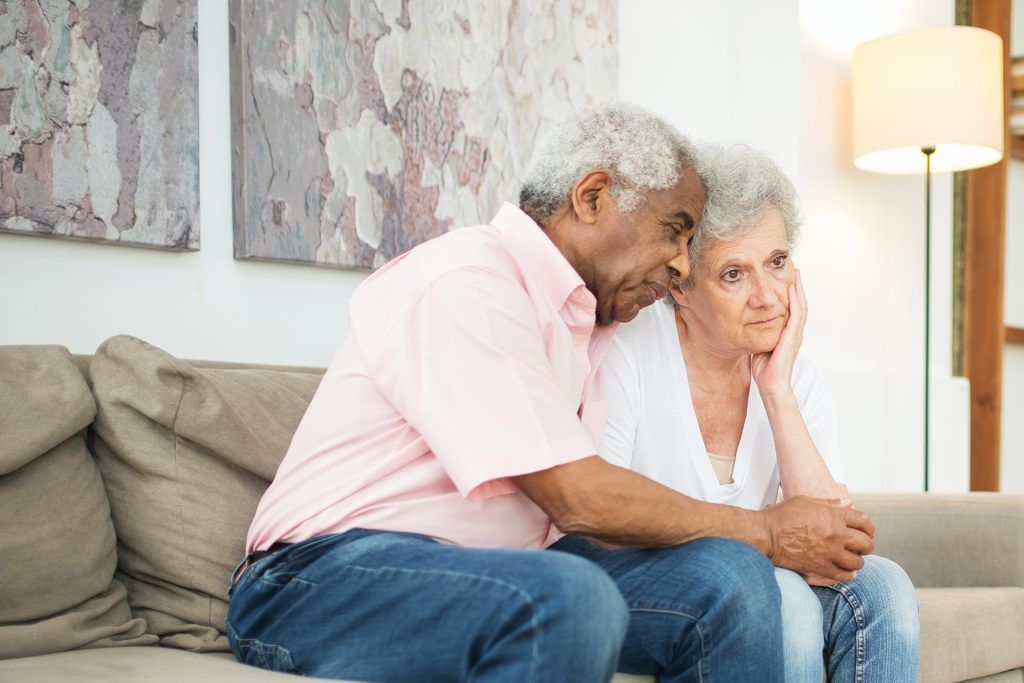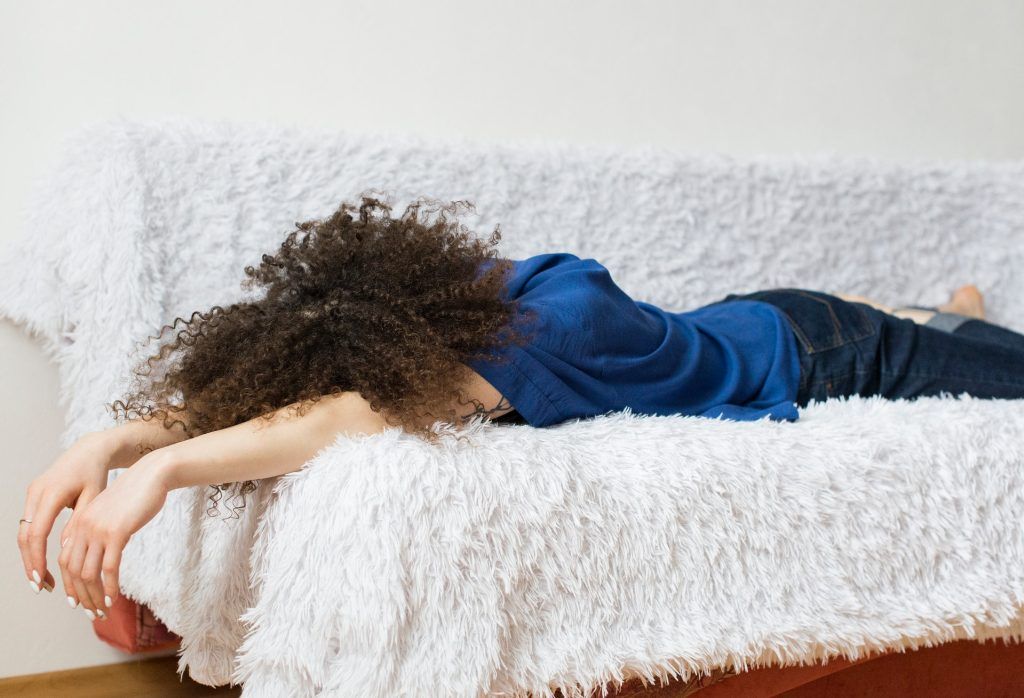Depressive disorders are among the most common mental disorders experienced by the elderly. The overlap of adverse biological, psychological, social and welfare-related factors makes older people particularly susceptible to depressive mood disorders. Proper diagnosis of depression occurring in seniors may cause difficulties due to its atypical course and clinical picture. However, care must be taken to ensure that depression is also diagnosed and treated in the elderly.
Breakdown of depressive disorders
Depressive disorders belong to the group of mood disorders, i.e. affective disorders. Disorders may be chronic or recurrent. Depressive disorders are divided according to various criteria.
Taking into account the source of causes, we distinguish the following types of depression:
- exogenous (caused by external factors),
- endogenous (caused by internal factors).
Focusing on the severity and number of symptoms, we distinguish depression of the following nature:
- mild,
- moderate,
- severe.
Due to the lifetime and age of the patient, it is possible to divide the types of depression into:
- anaclitic depression (affecting newborns and infants),
- childhood depression,
- depression of adolescents,
- depression in adults,
- late-life depression.
Causes of depressive disorders in the elderly
From the above division, it can be seen that depression can occur at any stage of life. It happens that it will appear only once, but it can also be recurrent in nature. Depression at earlier stages of life may predispose to age-related depression. In old age, there are often many factors that adversely affect the course of depressive disorders, such as:
- chronic somatic diseases,
- loss of psychomotor skills,
- organic changes in the brain,
- taking many medicines,
- loss of life partner,
- feeling of loneliness and isolation,
- change of residence.
- lack of external care,
- low level of education,
- poor financial condition.
A characteristic feature of depression in the elderly is the diversity of its conditions, rendering it difficult to assess which of the factors plays a decisive role. It is often impossible to separate the symptoms of somatic disease and depression. Combined factors adversely affect each other, which further worsens the course of depressive disorder. The danger resulting from depression is the poor quality of life and the risk of suicidal behaviours, which unfortunately often take the most drastic form of suicide committed by the elderly. With age, the number of unsuccessful suicide attempts decreases, while the number of acts actually leading to one’s own death increases.
Depressive disorders in the elderly
Diagnosing depression in seniors can pose a difficult challenge, because the disorder is characterized by a different course and severity of symptoms than in younger people. Depression of elderly does not have to manifest all of its characteristic symptoms. Axial symptoms of depression may not be noticeable in seniors. What is more common in seniors are: anxiety, irritability, sleep disorders, somatic ailments. There are also hypochondriac complaints. Depression in the elderly may manifest itself in disorders of cognitive and executive functions – the ability to plan and organize activities is reduced. Depression can also be mistaken for dementia. Geriatric Depression Scale (GDS) is helpful in detecting depression in the elderly. After diagnosing depression, senior requires appropriate treatment and care.

Prevention of depression in the elderly
With age, various diseases accumulate, and they are often a derivative of our lifestyles before we reached old age. Preventive measures against depressive disorders in the elderly should start at an earlier stage of life. In order to minimize the risk of depression in old age, it is necessary to take care of your health in advance. Correct diet and proper physical activity are a necessity for maintaining health and fitness, but the following measures should also be taken to reduce the risk factors for depression in old age:
- nurture your relationships,
- develop your interests,
- learn new things,
- seek help in the event of life difficulties,
- use constructive methods of coping with stress (relaxation and not alcohol),
- do not delay the treatment of depression occurring during life,
- make efforts to ensure financial security in the future.

Although we are not able to eliminate all risk factors for depression in old age, successful old age largely depends on our decisions made a younger age. Adequate lifestyle will help you avoid diseases (stroke, heart attack), which may result in depression. However, for people in the autumn of their lives, we can still do a lot to ensure that their quality of life and well-being are in the best possible form.
Virtual approach to senior depression
Depressive disorders therapy in elderly must be effective, safe and holistic. Untreated depression leads to worsening of the course and prognosis of somatic diseases, therefore the elderly person cannot be deprived of mental support. An elderly person in a hospital or nursing home can be supported by the psychotherapeutic effects of VR TierOne. VR TierOne medical device based on Virtual Reality and Ericksonian therapy helps, in professional manner, to get rid of depressive disorders, eliminate stress and accompanying anxiety. Mental comfort for seniors can also be brought about by the VR TierOne GO device for complete silence and deep relaxation. The VR TierOne GO relaxation headset is designed to strengthen your health and well-being. They allow seniors to leave their own home, hospital or care facility for a while, change their surroundings and go on a virtual journey to soothing natural environments. Participation in 360° VR video sessions of a relaxing and therapeutic nature offers a positive and pleasant experience. It helps to maintain optimism and a favourable balance of events in the everyday life of the elderly.







